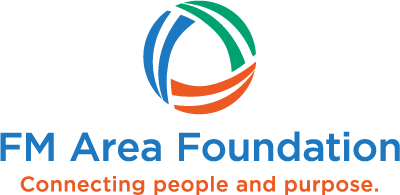Especially over the last few years as social consciousness has increased, many of your clients have no doubt become more interested in how they can make a difference through their philanthropic activities, whether those activities include giving to favorite charities, volunteering, serving on boards of directors, purchasing products that support a cause, and respecting a sustainable environment.
As clients grow more in tune with social impact, they are expecting their advisors to be ready to help them structure and plan their charitable giving. What’s more, clients who receive charitable planning advice from their advisors tend to be more loyal and more willing to recommend their advisor to others, especially when that advisor is proactive in bringing up options for incorporating philanthropy into financial and estate plans.
With that in mind, the community foundation is here to help you stay up to date with philanthropy topics so you can, in turn, have the conversations and deliver the services your clients are seeking. To that end, for an insightful look into the inner workings and current state of the philanthropy industry, we suggest skimming the written testimony that the Council on Foundations recently provided to the Senate Finance Committee. The Council, a major voice and advocate for philanthropy in the United States, notes that the current economic and legislative environment has created a “pivotal moment for nonprofits and their philanthropic partners.”
The community foundation is also here to help you avoid treacherous situations as you create philanthropic plans for your clients. Sadly, as philanthropy and giving grow larger on the radar, periodic bad news is almost certain to bubble up. The unfortunate situation going on at St. Jude Children’s Research Hospital, for instance, involving legal fights with families is an example of how important it is to create a philanthropic plan and related legal documents that are rock solid on donor intent.
“





